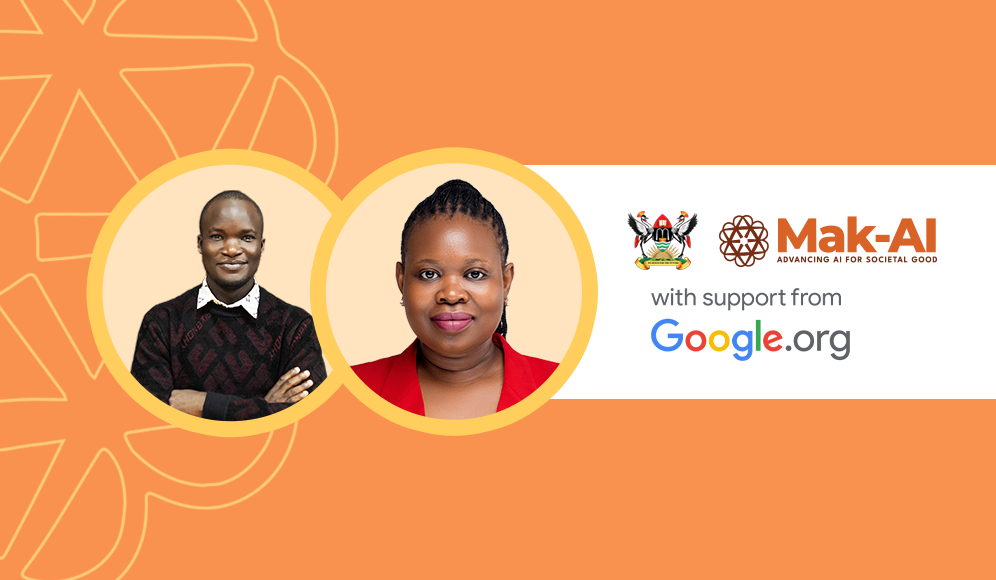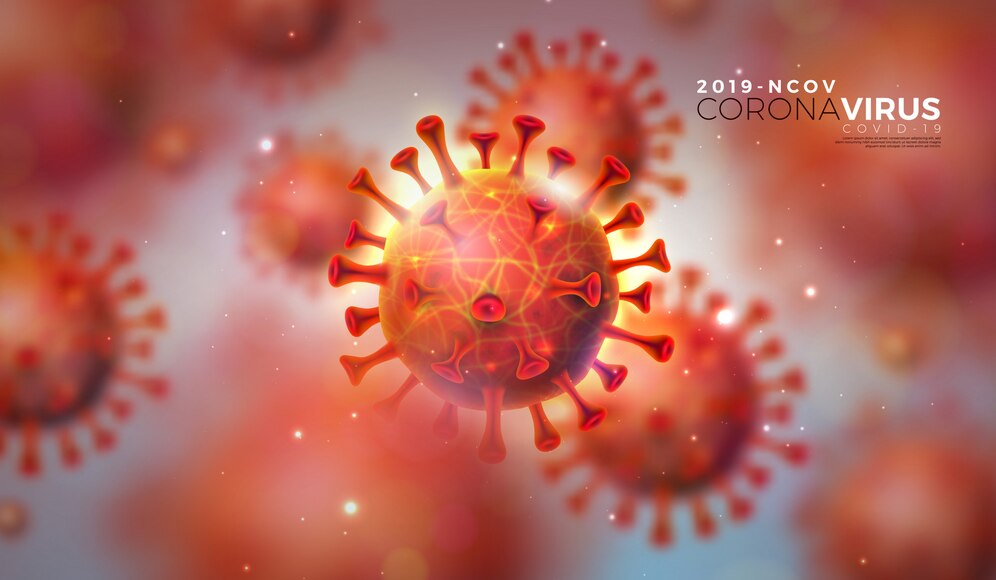MAK-AI is proud to announce that two of its members have been awarded the 2025 Google PhD Fellowship, a prestigious program that recognizes and supports exceptional graduate students conducting pioneering research in computer science and related fields. The Fellowship aims to nurture the next generation of leading researchers advancing foundational science and technology.
Google announced the recipients of the 2025 Global Google PhD Fellowships, stating:
“These fellowships recognize outstanding graduate students who are conducting exceptional and innovative research in computer science and related fields, specifically focusing on candidates who seek to influence the future of technology. The program provides vital direct financial support for their PhD pursuits and connects each Fellow with a dedicated Google Research Mentor, reinforcing our commitment to nurturing the academic community. We are excited to welcome this global cohort and look forward to partnering with them as they continue to become leaders in their respective areas.”
Fellowship Recipients from Makerere University:
- Sulaiman Kagumire | Natural Language Processing
- Fiona Mukimba | Machine Perception
Sulaiman Kagumire’s research focuses on developing artificial intelligence models to enhance the quality of conversations and information service delivery at mental health call centres in Uganda. His work, centered around Luganda and English. He seeks to build automatic speech recognition and natural language processing systems capable of transcribing and analyzing multilingual conversations, detecting emotional and clinical cues, and supporting mental health professionals with data-driven insights. This research contributes to advancing AI for low-resource African languages, promoting inclusive technology, and driving the digital transformation of mental health services in Uganda.
Fiona Mukimba’s research advances the field of machine perception by enabling intelligent systems to automatically recognize and track fast-moving species in complex natural environments. Her work employs Siamese neural networks on event-based imaging from Dynamic Vision Sensor (DVS) cameras, which capture motion with exceptional temporal precision. This approach addresses key challenges in ecological monitoring, such as limited labeled data and the difficulty of distinguishing visually similar species. By enabling systems to learn from only a few examples, Fiona’s research enhances the identification of pollinators and predators, allowing real-time analysis of their interactions. Her work contributes to improved perception algorithms for sparse, high-speed data and provides practical tools for biodiversity conservation.
MAK-AI is proud to support both fellows as they continue to push the boundaries of artificial intelligence and create meaningful impact for the future of technology and Africa





